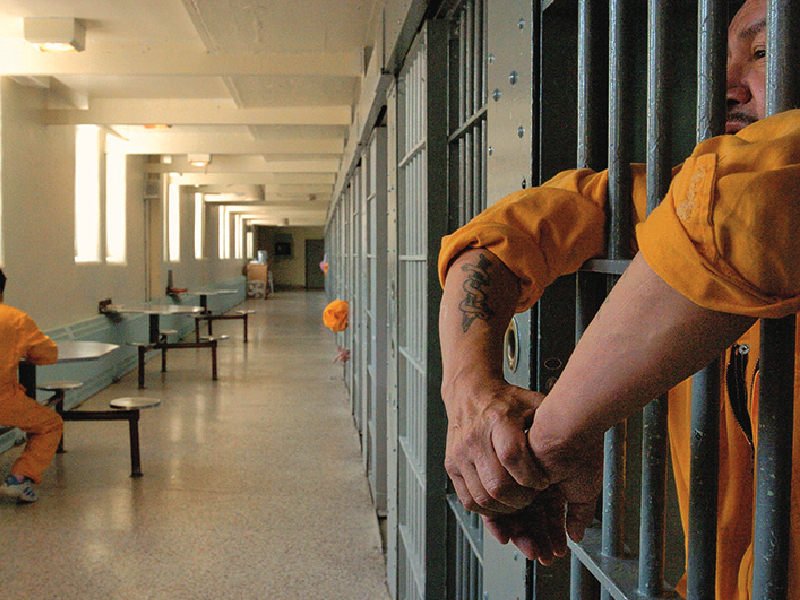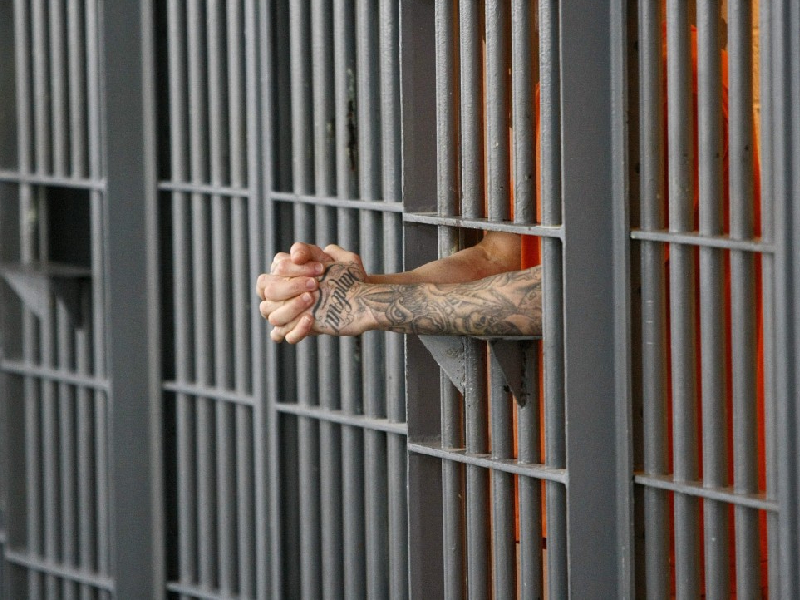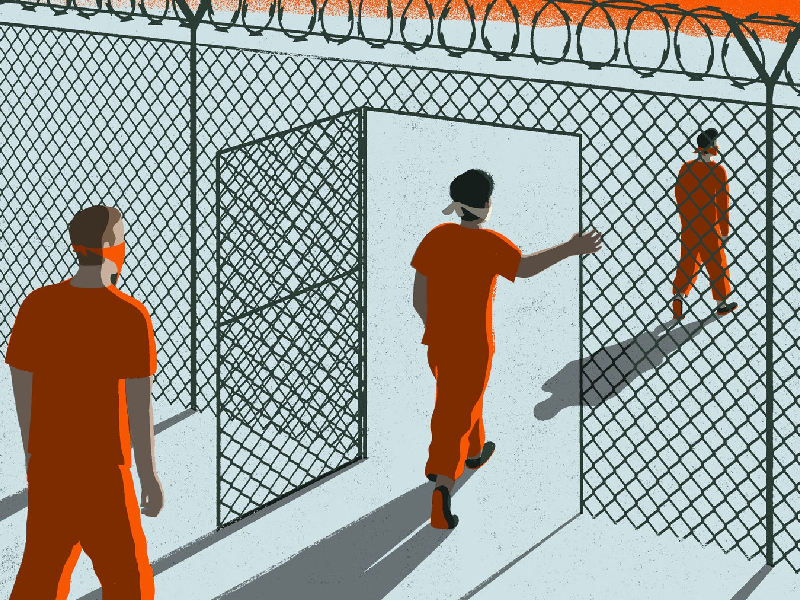|
By Akilah James As the COVID-19 pandemic lives on, inmates in Canada continue to deal with not only the hardships of being incarcerated but also being confined during a global pandemic. According to Correctional Services Canada, as of Feb 4th, there have been 1,243 confirmed COVID-19 cases across Ontario’s federal prisons. COVID-19 has hit Ontario’s jails significantly, as they deal with a number of serious outbreaks across the province. Currently five jails have reported to be in an outbreak situation. The worst being Maplehurst Correctional Complex with 130 active cases (as of Feb 4th). Other jails with previous outbreak situations include Milton Jail, Ontario Correctional Institute, Joyceville Penitentiary, Toronto South Detention Centre, Thunder Bay District Jail, and Thunder Bay Correctional Complex. Last year on June 25, Correctional Services Canada (CSC) put out a statement in regards to their efforts to curb the spread of Covid-19 in Ontario’s jails. According to the statement, the CSC “is focusing its efforts on minimizing the risk of introducing COVID-19 to institutions, Community Correctional Centres and workplaces. This includes CSC’s active planning in early identification, containment and appropriate treatment should the virus be introduced to one of CSC’s sites.” Some of these efforts, according to CSC include strengthened infection prevention procedures to protect staff and offenders, enhancing cleaning practices at all sites, and distributing additional soap, cleaning supplies and hand sanitizer to inmates and staff. However, as the second wave hit earlier, advocates said these efforts “were simply not met” - despite reports. Lindsay Jennings, member - Toronto Prisoners’ Rights Project, who regularly speaks with inmates, stated prisoners are denied basic necessities to stay safe during the pandemic. “PPE’s such as masks are considered contraband and prisoners do not have full access to them unless they are leaving the range,” said Jennings. Jennings also mentioned that in outbreak situations, prisoners are subjected to solitary confinement. “The way that the jails decide to control an outbreak issue is to lock people down for 23 hours a day and limit all movement. They say it’s for 23 hours however, people are locked down for weeks and have to choose between a shower and a phone call." Jennings also mentioned prisons are not following COVID protocols by transferring inmates from jails in outbreaks to jails that are not. This not only causes an overpopulation problem but also increases the risk of the virus spreading from jail to jail. Micheal Vernon, a former inmate believes that prisoners are already not treated as human beings and that the pandemic sheds light on these discrepancies. “As a former inmate, I already know the struggle that you have to deal with while being locked up. You are already mistreated to begin with, and I can only imagine how COVID is adding fuel to the fire,” said Vernon. On January 23rd, an inmate from Willow Creek Healing Lodge died from COVID-19 complications; he was the fifth inmate in Ontario to die while incarcerated. This sparked conversations around the treatment of inmates during the pandemic in regards to their overall health. “When somebody becomes incarcerated, they lose their OHIP status which essentially means they are not a part of the healthcare system,” said Lindsay Jennings. “The Ministry of Health does not overlook healthcare regarding people inside. Healthcare is decided by superintends of the jails, so we have folks who are not healthcare professionals making decisions based on no experience,” she mentioned. Not only are advocates pushing for better conditions, but inmates are doing their part as well by participating in hunger strikes. According to Jennings: “These hunger strikes are really a way for people inside to fight back. They are putting their lives at risk for [being] punished. Any sort of advocating for your rights inside are looked at as disruptive and that you are challenging power.” “People are willing to starve themselves just to get a mask.” As the third wave washes Ontario, the treatment of Ontario’s inmates during the COVID-19 pandemic is undoubtedly, swept under the rug. Advocate groups like The Toronto Prisoners Rights Project have set up relief funds to help support inmates during this difficult time. It is clear that if prisoners do not have a voice, someone needs to have a voice for them. What are your thoughts on this issue? Let us know here. |
Recent Posts
Categories
All
Archives
February 2022
|
|
GET THE APP!
Listen to VIBE 105 anywhere you go!
|
OUR STATION
|
TUNE IN RADIO
|
STAY CONNECTED
|
Copyright © 2021 Canadian Centre for Civic Media and Arts Development Inc. Except where otherwise noted, presentation of content on this site is protected by copyright law and redistribution without consent or written permission of the sponsor is strictly prohibited.






 RSS Feed
RSS Feed


